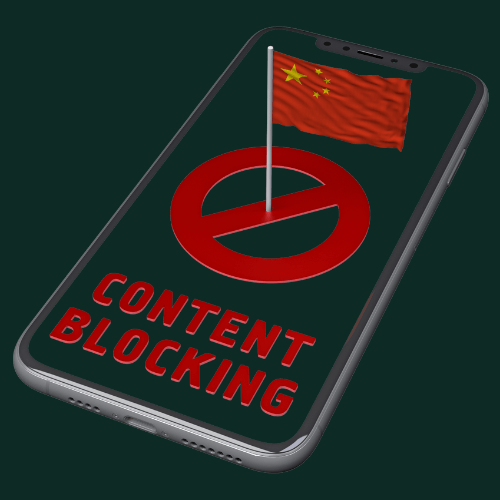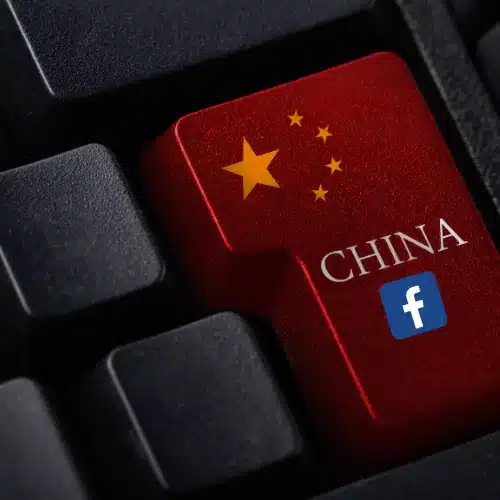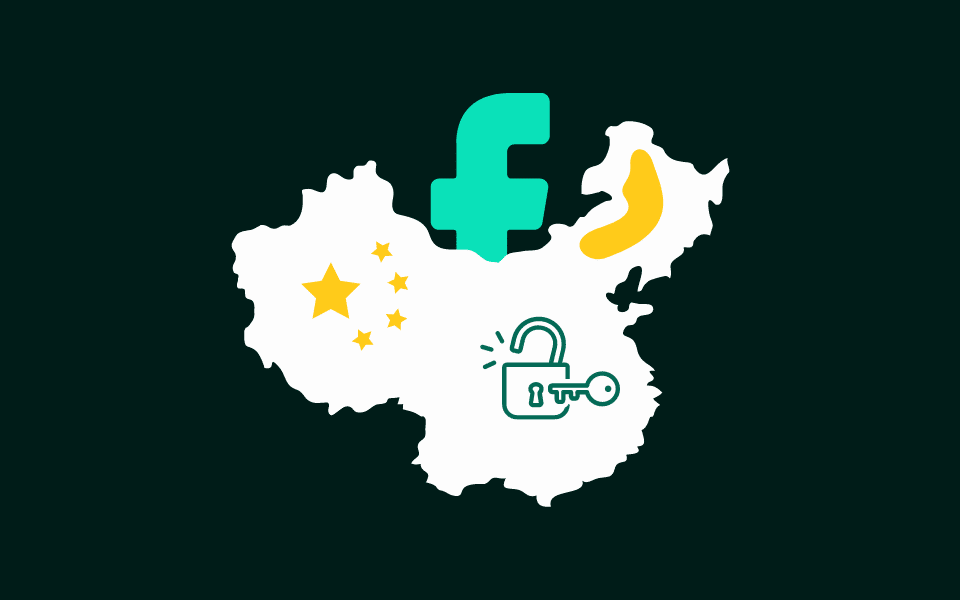Ever tried to open Facebook in China? Big chance you hit a blank wall. That’s because since 2009, Facebook has been blocked by the “Great Firewall,” China’s massive internet censorship system. This means millions of Chinese people can’t access the social media giant many of us take for granted.
Frustrating, right? This guide cuts through the confusion and explains why Facebook is blocked in China, what limitations it creates for users, and the clever (and sometimes risky) ways some people break through the digital barrier. Get ready to learn about internet censorship in China, understand the reasoning behind the Facebook ban, and explore the tools used to bypass it.
Table of Contents
- Why is Facebook Blocked In China?
- How Has The Block of Facebook Affected Chinese Citizens?
- How To Unblock Facebook In China?
- 1. Virtual Private Networks (VPNs) For Facebook
- Is VPN Effective For Unblocking Facebook In China?
- 2. The Use of Proxy Servers and Other Techniques
- Is Instagram Banned In China?
- Risks Of Using VPN And Proxies In China
Why is Facebook Blocked In China?
Users who attempt to access Facebook from the Chinese mainland will be greeted with an error page. The same goes for Facebook Messenger, as users cannot send or receive messages while in mainland China. It’s not a technical glitch, it’s a deliberate block imposed by the Chinese government. But why? Well, here’s the lowdown on their concerns:
1. Keeping the Information Gate Secured
The Chinese government prioritizes tight control over the flow of information within its borders. Platforms like Facebook, with their open exchange of ideas and news, are seen as potential gateways for “unapproved” content that could challenge the state’s narrative or even spark unrest.
Think of it as the government wanting to keep its own carefully curated library, rather than letting its citizens roam the messy shelves of an international bookstore.
2. Maintaining Social Harmony
Stability is a big deal in China, and the government worries that unfiltered platforms like Facebook could be used to mobilize dissent or spread criticism of the government. Imagine Facebook as a potential megaphone for protests or sensitive discussions, and you get why the government wouldn’t want to hand it out to just anyone.
3. Competition With Domestic Social Media Platforms
Let’s face it, Facebook is a tech giant, and China likes to nurture its own digital champions. Platforms like WeChat and Weibo, which abide by stricter content regulations, serve as alternatives that keep users within the confines of the “Great Firewall.” These platforms provide features similar to Facebook but with content moderation and strict user data policies that align with the government’s vision.
“By blocking these platforms, the authorities are leaving people with fewer options and are forcing most to give up and switch to domestic services,” – Charlie Smith

How Has The Block of Facebook Affected Chinese Citizens?
Today’s young individuals in China are growing up with a unique internet landscape that stands out from the rest of the digital world. Numerous Chinese youths are unfamiliar with major global platforms such as Google, Twitter, or Facebook, resulting in a distinct divide with the global community. The New York Times reported that when faced with the possibility of accessing uncensored, politically sensitive information, many Chinese college students displayed a sense of indifference.
How To Unblock Facebook In China?
Millions in China face frustration when Facebook and other tools like WhatsApp remain inaccessible. But fear not, tech-savvy folks have devised ways to leap over the “Great Firewall.” These tools include:
1. Virtual Private Networks (VPNs) For Facebook
To regain access to Facebook in China, VPNs serve as the primary tool. VPNs operate by encrypting internet traffic and rerouting it through servers located outside of China. This process masks the user’s actual location, effectively bypassing the Great Firewall. By doing this, VPNs enable users in China to access Facebook and other blocked websites.
Types of VPNs for Accessing Facebook in China
Different VPNs offer varying levels of reliability, security, and pricing. Selecting a VPN for use in China requires careful consideration due to potential risks and limitations, including the uncertainty of complete protection against monitoring and censorship. Here are some prominent ones:
- ExpressVPN: Known for its high reliability and robust security features. It’s a preferred choice for users who prioritize a seamless and secure browsing experience. However, it comes with a higher price tag compared to other options.
- NordVPN: This VPN stands out for its balance between speed and security. It offers competitive pricing, making it a popular choice for users seeking both efficiency and affordability.
- Surf Shark: A budget-friendly option, Surfshark is suitable for those who need a decent performance without a significant investment. It’s a practical choice for casual users who want to access Facebook in China.

Is VPN Effective For Unblocking Facebook In China?
While VPNs traditionally served as a primary tool for bypassing China’s Great Firewall, the government’s strict measures against them have led users to explore alternative solutions. Popular software programs like V6proxies Residential VPN, Ultrasurf, Psiphon, and Freegate enable the setup of proxy servers to sidestep controls. These methods, though not as secure as VPNs, provide a means for users to access blocked sites like Facebook.
2. The Use of Proxy Servers and Other Techniques
Proxy servers have become a go-to method for many in China. Other inventive approaches include adding new IP addresses into host files, utilizing Tor for anonymity, or creating SSH tunnels, which reroute internet traffic through a remote server.
Between 1 and 8 percent of Chinese internet users employ these servers or VPNs to overcome internet restrictions.
Is Instagram Banned In China?
Yes, Instagram is banned in China. The Chinese government has blocked many foreign social media sites, including Instagram, Facebook, Twitter, and Google services, as part of its internet censorship policy. The ban on Instagram started in 2014, during the height of the Hong Kong protests, and it is now completely censored. Despite the ban, Instagram still wields big influence in China, with an estimated 3.5 million users as of January 2023. However, it is difficult to know the exact number, as the app is banned in the region.

Risks Of Using VPN And Proxies In China
Using Vpns and Facebook proxies to access blocked websites in China carries legal and practical risks. The Chinese government has stringent regulations against them. Users must understand these risks, as they could face legal consequences.
The possibility of government detection looms large for VPN users. If caught, individuals might face penalties, ranging from fines to more severe legal actions.
Due to these risks, selecting a reputable residential VPN provider is crucial. V6 proxies’ strong encryption and robust security measures offer better protection against detection.
Related:
- Best WhatsApp VPN: Unblock Whatsapp in China & Everywhere
- The Best 5 Residential VPN Providers (Prices and Features)
- Scraping Instagram Data (Followers, Profiles & Hashtags)
- What Are SSL Proxy Servers & SSL Unblockers? (2024)
- What Is A Gmail Proxy? The Only Guide You Need
Related posts:
- Tags:
- Social Media

